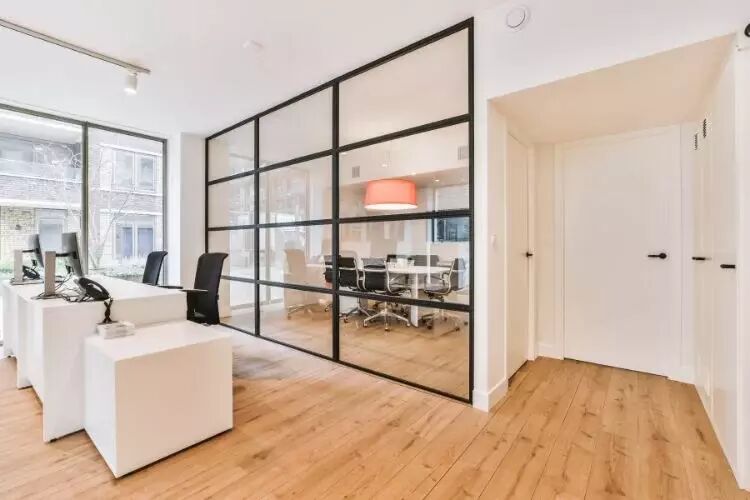What you need to know
If you’re a tenant currently occupying a commercial property in Melbourne, you might have considered subletting the property to other tenants for various reasons. This can include making use of extra space to generate rent and cash flow for your own business in tough circumstances. With subletting comes certain risks and advantages, and Melbourne property lawyers will advise you to properly understand and outline the terms of your lease before going forward.
Before getting in-depth into property legal advice for subletting, there are a few important terms you need to know.
- Sublandlord, or sublessor: When you, the tenant, begin subletting a commercial property, you become the sublandlord, with your own sublease. The original landlord is known as the head landlord, and the original lease the head lease.
- Subtenant, or sublessee: The new third party tenant occupying the property you are subletting.
The sublease is a separate agreement between you and the third party tenant, with its own terms that you set. You are still obligated to follow the terms of the original lease set by your head landlord.
Tip 1 – Get consent from your head landlord
It is necessary to obtain the consent of your head landlord before subletting property. Your head lease will tell you if you have the rights to sublet and any conditions your head landlord may have set to do so. Most commercial leases contain a clause which says the landlord cannot unreasonably disagree to subletting. In case such disputes arise, it is best to consult good Melbourne property lawyers who can identify the terms of your lease, and obtain your landlord’s consent.
Tip 2 – Find a suitable tenant
Property legal advice generally does not recommend subletting property in the wake of the COVID-19 pandemic. But if you have provisions in place to mitigate this risk, the next step is to identify a tenant that can comply with the terms of your lease and financial obligations. If the subtenant defaults from paying rent on time or damages the property, you remain liable to your head landlord to pay the whole of the rent. Social cooperation between businesses is also a factor to consider.
Tip 3 – Identify the terms of your lease
The first agreement you need to determine is how long you would like to sublet the property. It’s best to consult with Melbourne property lawyers on the best rental period depending on your current circumstances. A good rule of thumb is to set the expiry of your sublease one day before that of your head lease. Further, you need to make sure the sublease protects your own interests in the head lease, so you are not responsible for any damages caused by the tenant.
Always ensure there is a ‘make good’ clause for the property that the tenant is obligated to, because you do not have direct control over the space they occupy.
Tip 4 – Understand the risks
The most common property legal advice when it comes to subletting is about the risks involved, especially when it is done to downsize or manage poor economic conditions. It is not advisable to rely on subletting alone to pay your own rent to the head landlord, as the tenant can vacate at their own discretion. Moreover, subletting extra space only accounts for a proportion of the overall rent.
If your head lease includes a security deposit, it is good to include one in the terms of the sublease, proportionate to the space being leased.
Get the best legal advice at P&B Melbourne Property Lawyers
Subletting commercial property comes with its share of advantages and risks, especially in the post-pandemic fragile economic climate. If you’re considering subletting your property, you may require the assistance of our expert Melbourne property lawyers to draft an agreement that works for you. Make an appointment with P&B Lawyers today, and receive the property legal advice you need.
